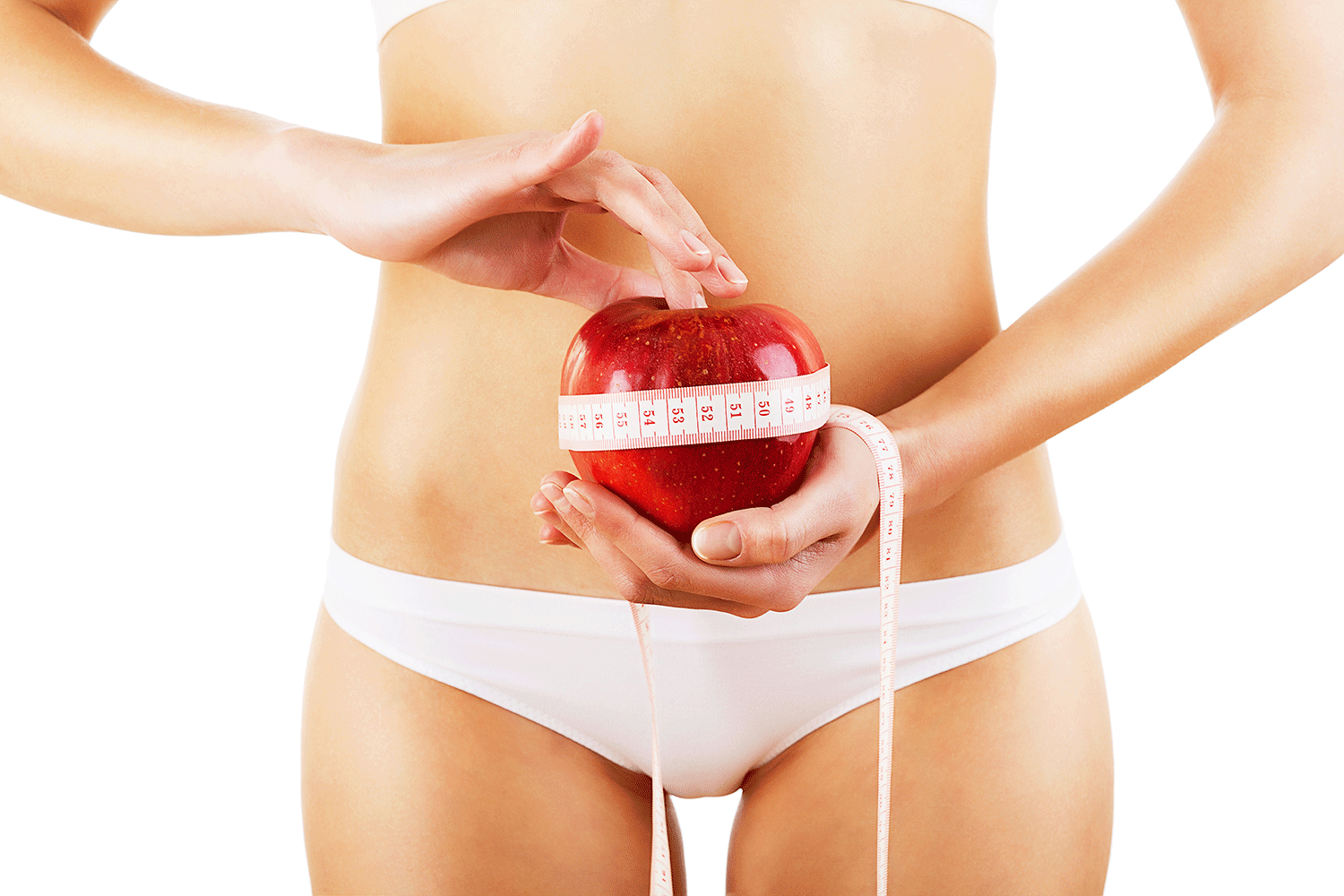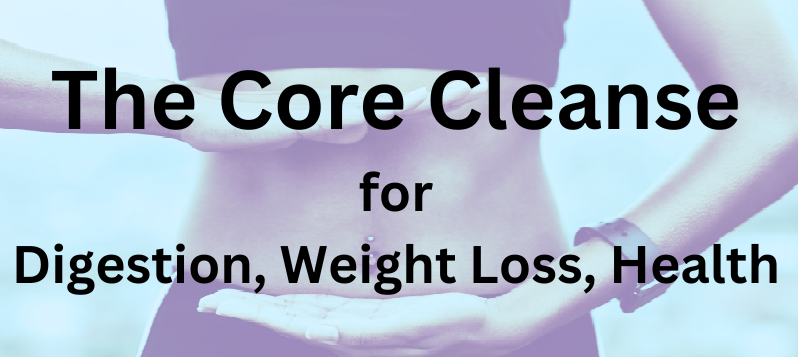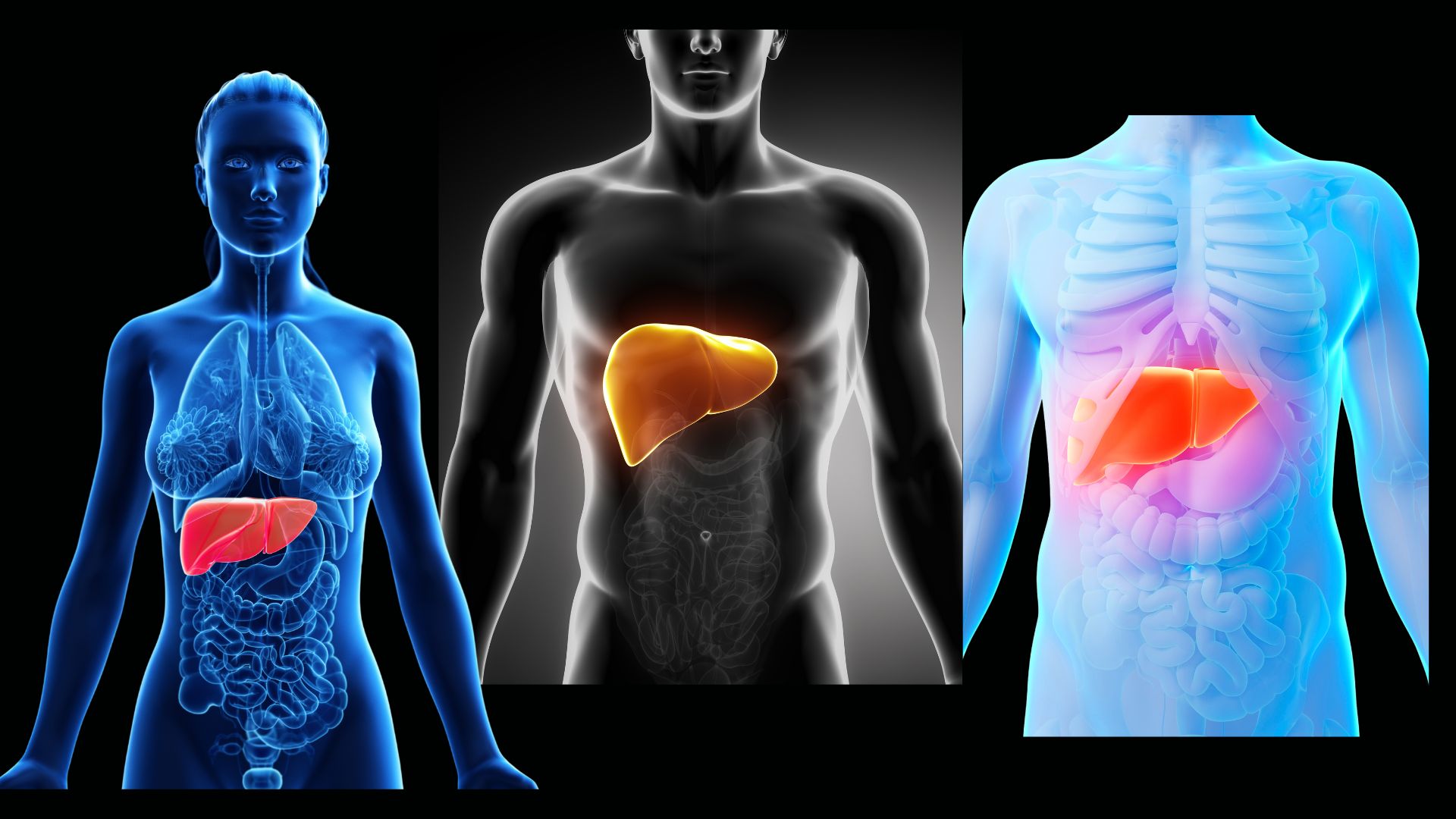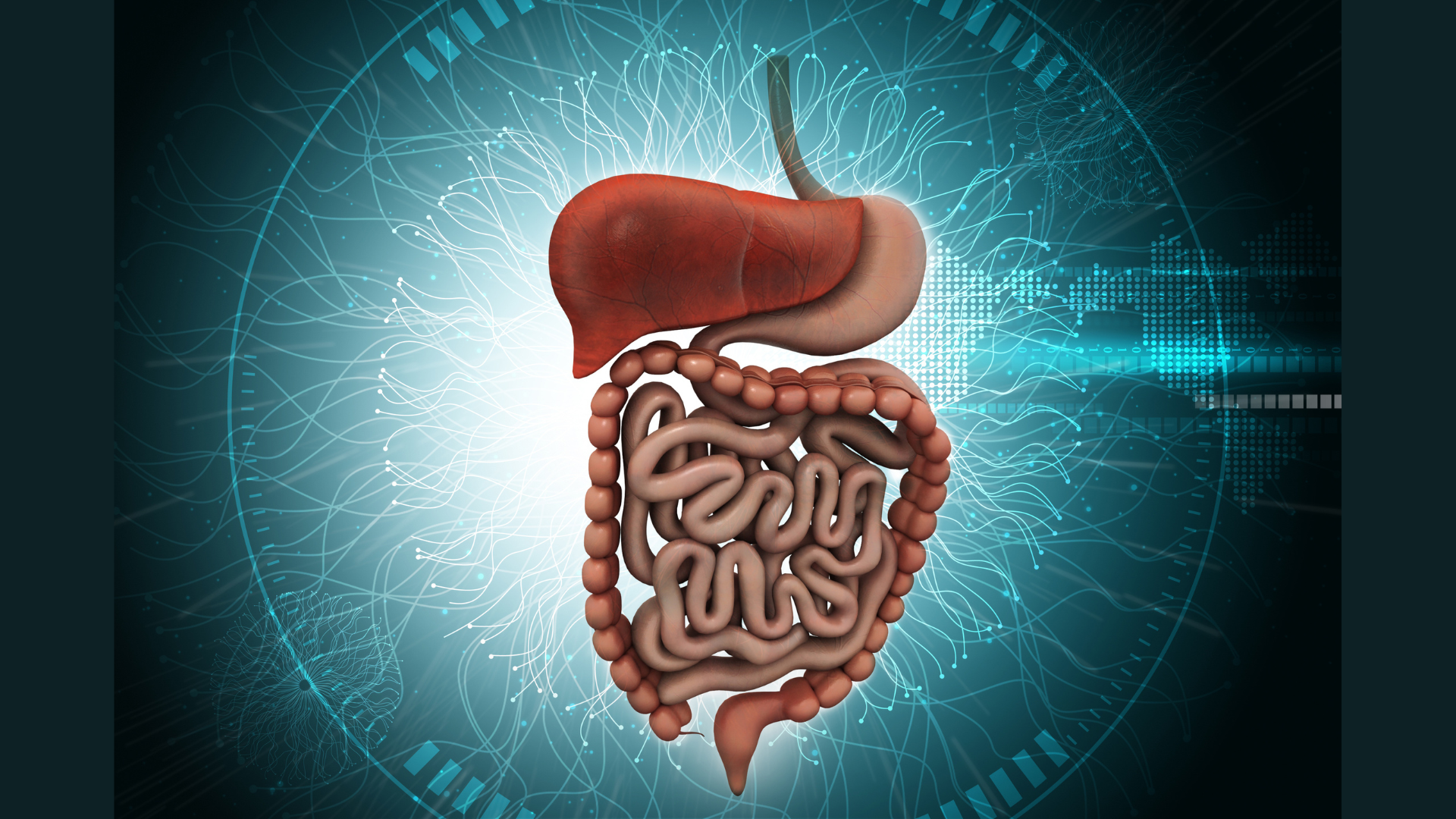Weight Loss Detox
Having trouble losing weight? This type of body cleanse may help. A weight loss detox is not the same as a traditional weight loss diet.

Traditional diets used to help a person lose weight often include processed foods, frozen foods (which are highly processed), foods that contain hidden chemicals and sugars but labeled as 'light' or 'natural'. Often the goal is to eat less calories than burned and gaining enough "nutrition" without a focus on the actual source of the nutrition.
A detox, also known as a body cleanse or weight loss cleanse, utilizes foods and/or supplements that are known to help your body naturally lose weight. The foods and supplements are often considered cleaner since the use of additives, fake nutrients or even pesticides are avoided. Removing this type of burden from your internal organs along with healthy food supplements for extra nutrition may help your body shed weight more easily and naturally.
A weight loss detox can help your body remove excess fat, which is waste that your body does not need. Toxins like pesticides and other chemicals can make losing weight difficult.
Some facts about excess weight:
- Excess weight is WASTE. You don't need it.
- Your body cannot eliminate excess waste on its own; if you overeat, your body stores the excess protein and calories and you gain weight.
- If you are overweight, it is not just fat. It is a buildup of waste in the form of fluid retention, over-sized fat cells due to trapped toxins and intestinal waste buildup.
- Your liver is supposed to burn fat - if it is overworked from too many other substances such as cholesterol, environmental toxins (like pesticides), there will not be enough energy to metabolize all it needs to , including unhealthy fat.
- Drugs simply cannot replace good health and nutrition. Pills that make your body lose fat cause you to lose important healthy fats that are crucial for good health.
- Cravings are not a sign of mental weakness. They are more often physical warning signs that can be brought under control.

Can a Weight Loss Detox Help You?
Often we don't realize our foods contain substances that may cause us to gain weight easier or even hinder weight loss efforts. Some of these culprits are found in fast food, junk food and many other processed foods and they often do not leave "naturally." Instead, as our body becomes overburdened and cannot keep up, these environmental toxins get stored in fat cells and fatty tissue, making it more difficult to get rid of.
These are only a couple of the chemicals that are invading our bodies. As you can see not only are they harmful, but they are known to cause hormonal dysfunction, damage the liver and inhibit thyroid function.
Improper hormonal function, or hormonal imbalances, make it easier for your body to gain weight, accumulate excess fat and not allow you to lose it – no matter how hard you try.
A sluggish and over-burdened liver cannot efficiently burn fat. You have the power to help restore your liver back to its fat-burning capabilities. Here are some tips to help you put together a body cleanse geared for a weight loss detox.
Weight Loss Detox Tips
- Eliminate all processed foods and junk foods for now. These culprits can make it harder to lose weight and even induce cravings.
- Include at least 7 servings a day of organic, fresh vegetables and fruits. Eat them whole as a snack, make vegetables the center of your meal and include green salad at lest every day.
- Eliminate foods that contain white flour and white sugar during your weight loss cleanse. Reading labels to watch for these will help you to learn what foods to avoid.
- Set goals for your weight loss detox and strive to follow through. Studies show that those who set goals are more likely to reach them.
- Drink plenty of fresh, spring water. Your body needs water to flush away the toxins as they become dislodged.
- Decide if you need nutritional supplementation; extra fiber, more protein, iron, etc. Most of us live for years by eating excess foods that contain minimal nutrients. During your weight loss detox, you can add supplements to make up for it. This practice may help you maintain energy, feel healthier, and avoid side-effects of weight loss like hair and muscle loss.
- Include daily, moderate exercise. Exercise not only raises metabolism making your entire body more efficient, but also helps your body make the feel-good hormones like seratonin.
- Meditate; many of us create bad habits due to stress. Meditation is a great way to learn to deal with stress and visualize your goals.
Did you know an infrared sauna
can help with fat loss?
Resources
Environmental Health and Medicine Education: Polychlorinated Biphenyls (PCBs) Toxicity
(1)[Organochlorine Pesticides in Adipose Tissue of Obese Persons from El Paso, Texas Journal article by Keith A. Redetzke, Howard G. Applegate; Journal of Environmental Health, Vol. 56, 1993]
(2)(Loomis et al, 1997) “ [Research collected from TOXNET database of the National Library of Medicine]
(3)J E Orban, J S Stanley, J G Schwemberger, J C Remmers Am J Public Health. 1994 March; 84(3): 439–445. PMCID: PMC1614818





